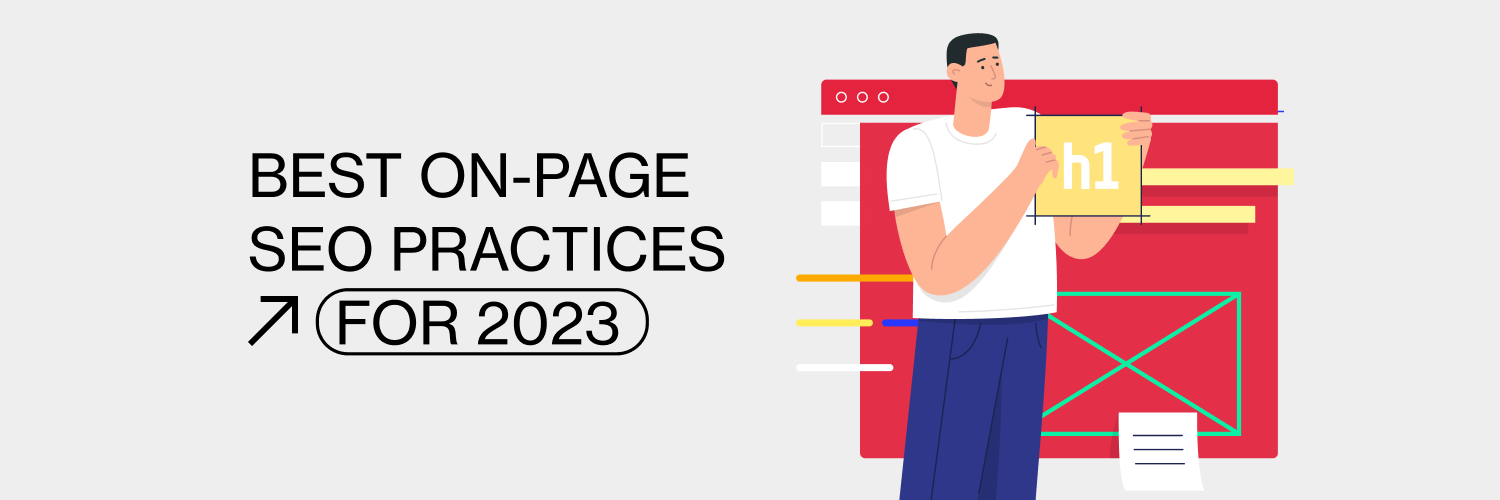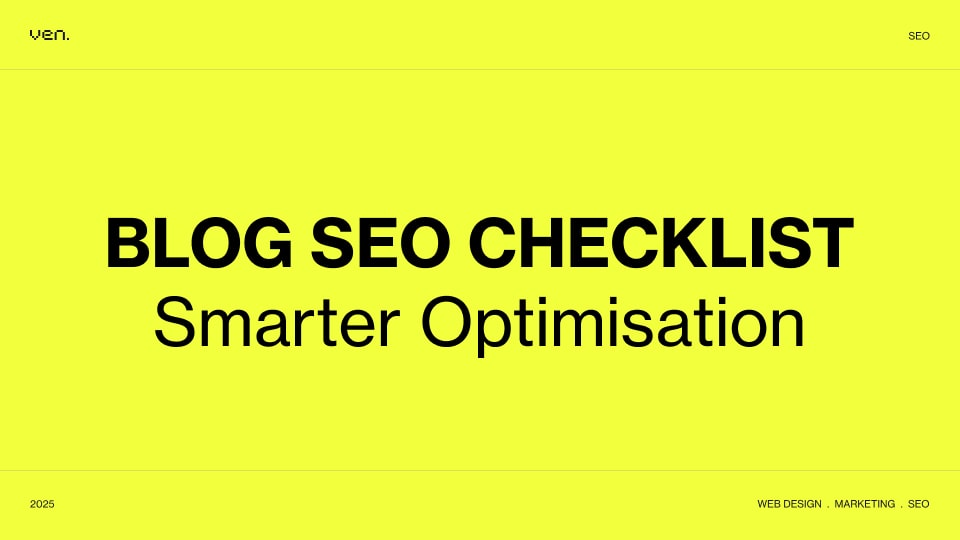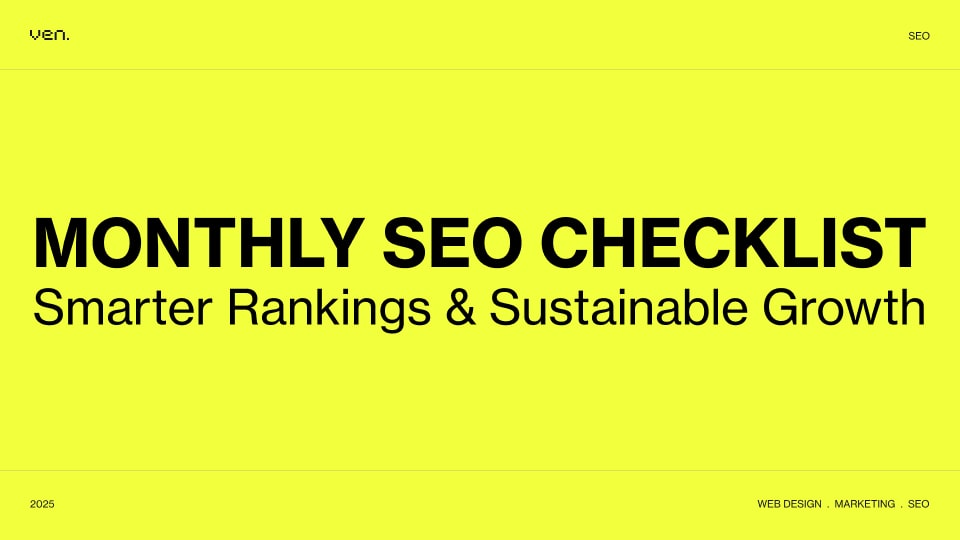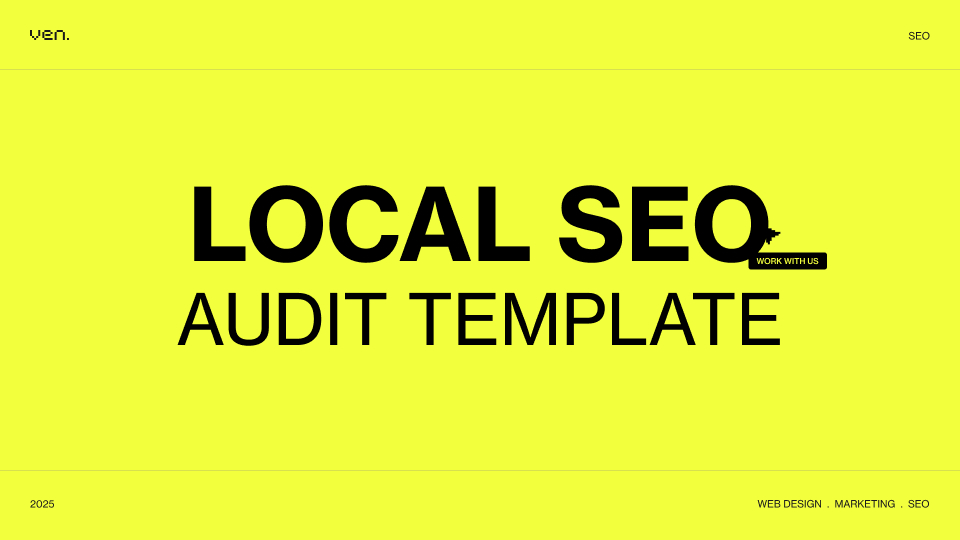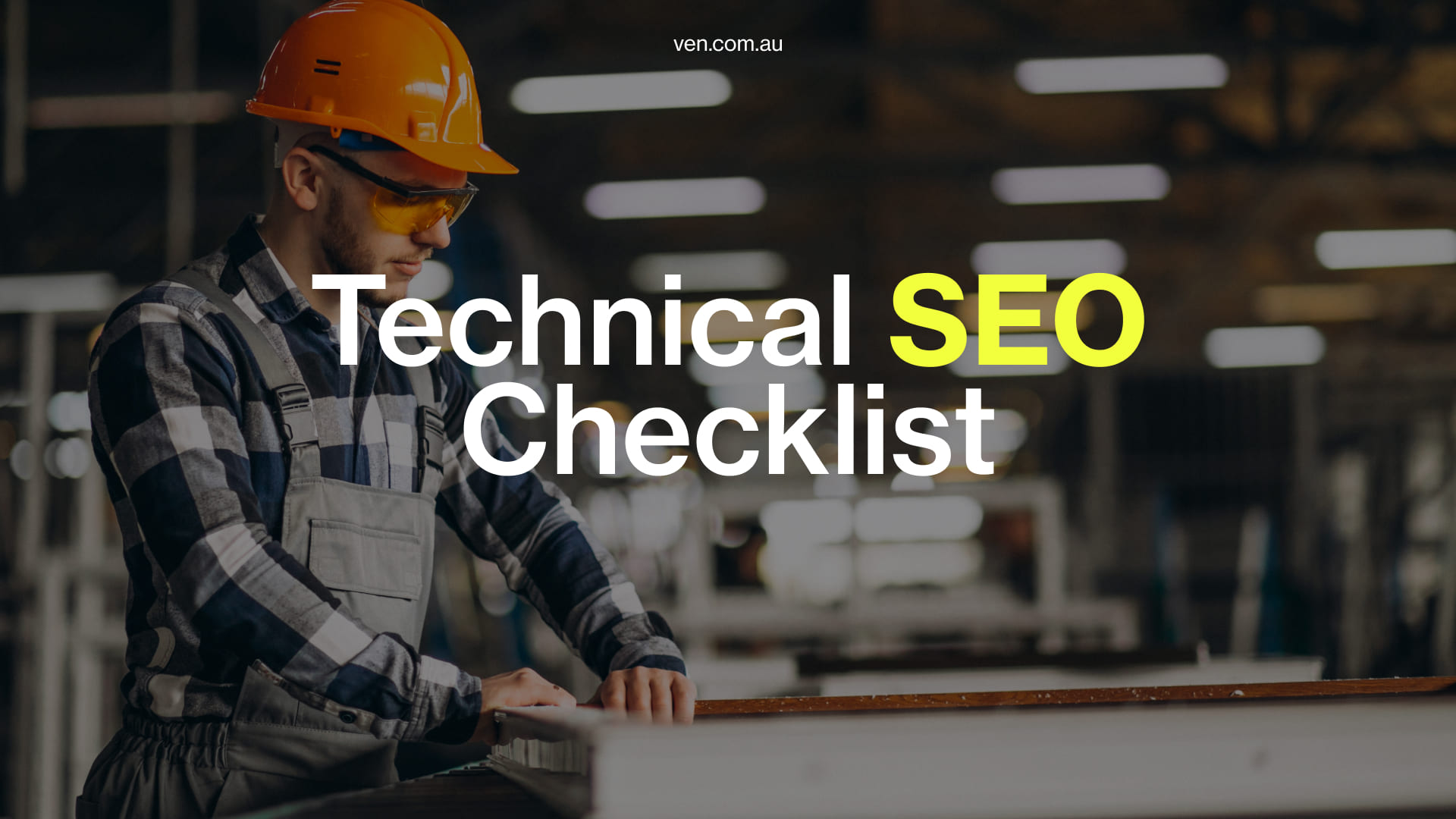On-page search engine optimisation (SEO) is improving a website’s individual web pages to rank better in relevant search results and receive more targeted website traffic. Since search algorithms are always improving, knowing the latest best practices for on-page SEO is important. When optimising your website pages in 2023, the following are a few of the most important things to remember:
Optimize your page title and meta description
One of the most essential on-page SEO considerations is the page title, which may also be called the “title tag.” It needs to be original and convey an accurate picture of the page’s contents.
Your title shouldn’t be longer than sixty characters and should incorporate some of your most important search phrases. Also, the meta description, which is the text that appears under the title in search results, must be unique and show what the page is about.
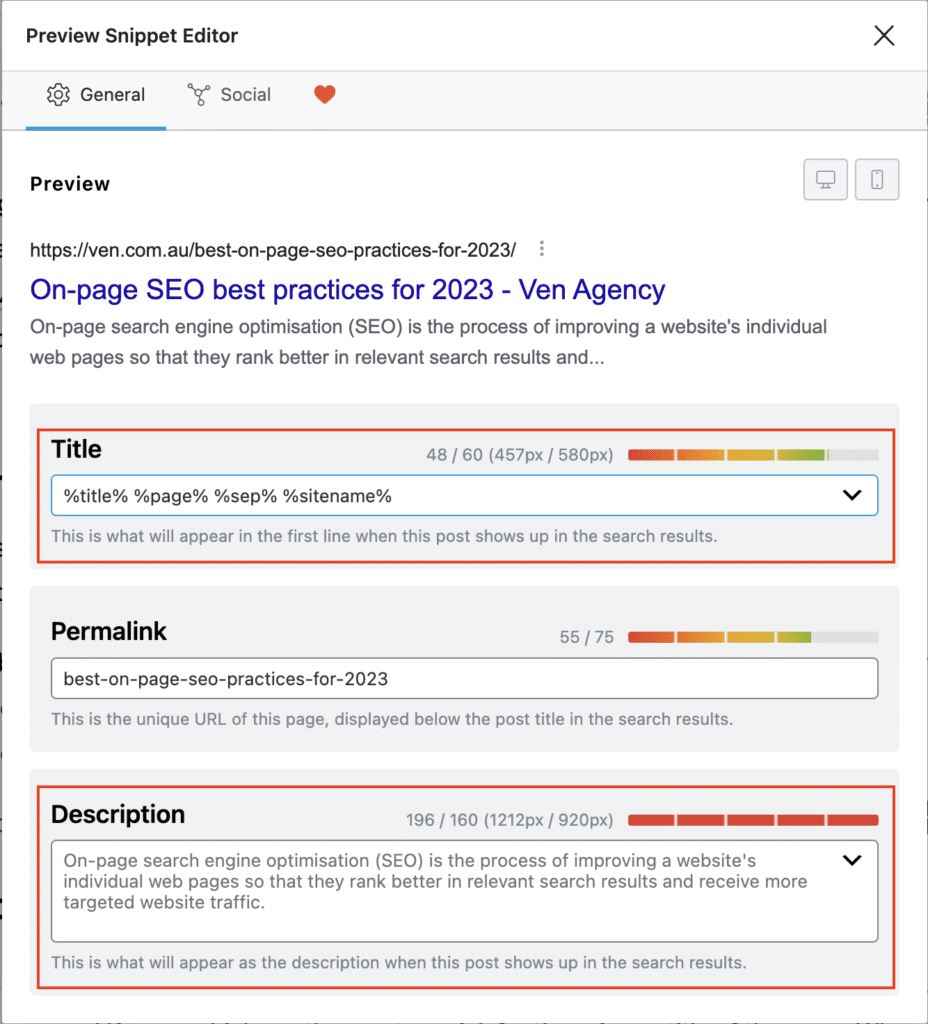
Make sure you use header tags properly.
Your web page’s content can be organised into sections using headers, sometimes called “H tags.” It is recommended that you use H1 tags, which are the most crucial, for the primary title of the page. When writing subheadings, you should use H2 tags, and when writing sub-subheadings, you should use H3 tags, and so on.
Make intelligent use of keywords.
One of the most significant aspects of on-page SEO is the process of researching and utilising keywords. People use search engines to find the information they are looking for, and they do so by entering words and phrases known as “keywords” into the search bar.
You can assist search engines in understanding the content of your web page and matching it to the appropriate searches if you include these keywords in the appropriate locations on your page.
Optimise your images
Include alt tags and informative file names rich in keywords to optimise images for further search engine optimisation. This not only helps search engines comprehend what the image is about, but it also has the potential to make the website more accessible for users of screen readers.
Increase the speed at which your website loads and make it mobile-friendly.
The amount of time it takes for a website to load completely has been acknowledged by Google as a factor in determining its ranking. You may ensure that your website loads quickly by utilising a content delivery network, optimising its graphics, and decreasing the number of plugins it uses (CDN).
Because Google also uses mobile-first indexing, you should ensure that your website is optimised for mobile use because this will also greatly affect where it is ranked in search results.
Produce content of a high quality
Search engines give more weight to web pages that have high-quality, educational content. Be sure that the material on your website is well-written, interesting, and useful to the people that visit it. Your material should be centred on the user and assist the user in locating the information they are seeking. Avoid using any manipulative strategies, like keyword stuffing.
Create links both inside and beyond the organisation
When it comes to search engine optimisation (SEO), links are one of the most important ranking factors. They are also one of the primary methods by which search engines evaluate the quality and relevance of your website’s content. Both internal links, which go to other pages on your site, and external links, which go to other websites, help search engines figure out how your site is organised and how good your content is. Internal links will link to other pages on your site, while external links will link to other websites.
In conclusion, on-page search engine optimisation is an essential part of any successful search engine optimisation plan. You can help ensure that the web pages you have created are optimised to rank as highly as possible in the pages displayed as a result of a search using the best practices discussed in this article (SERPs). Your site’s rating in 2023 will improve if you keep in mind the importance of focusing on the user experience, producing material of high quality, and establishing links both within and outside of your site.
